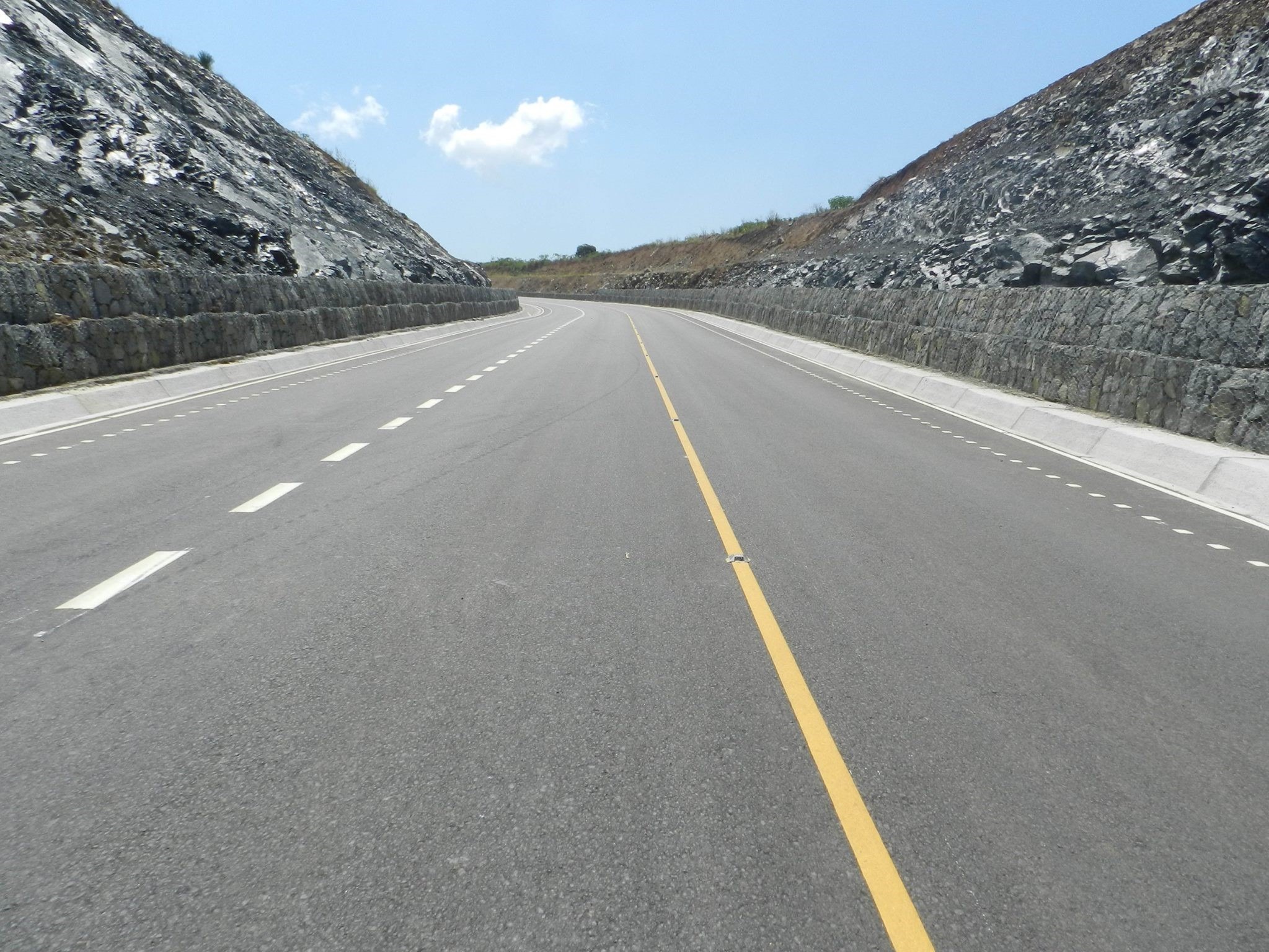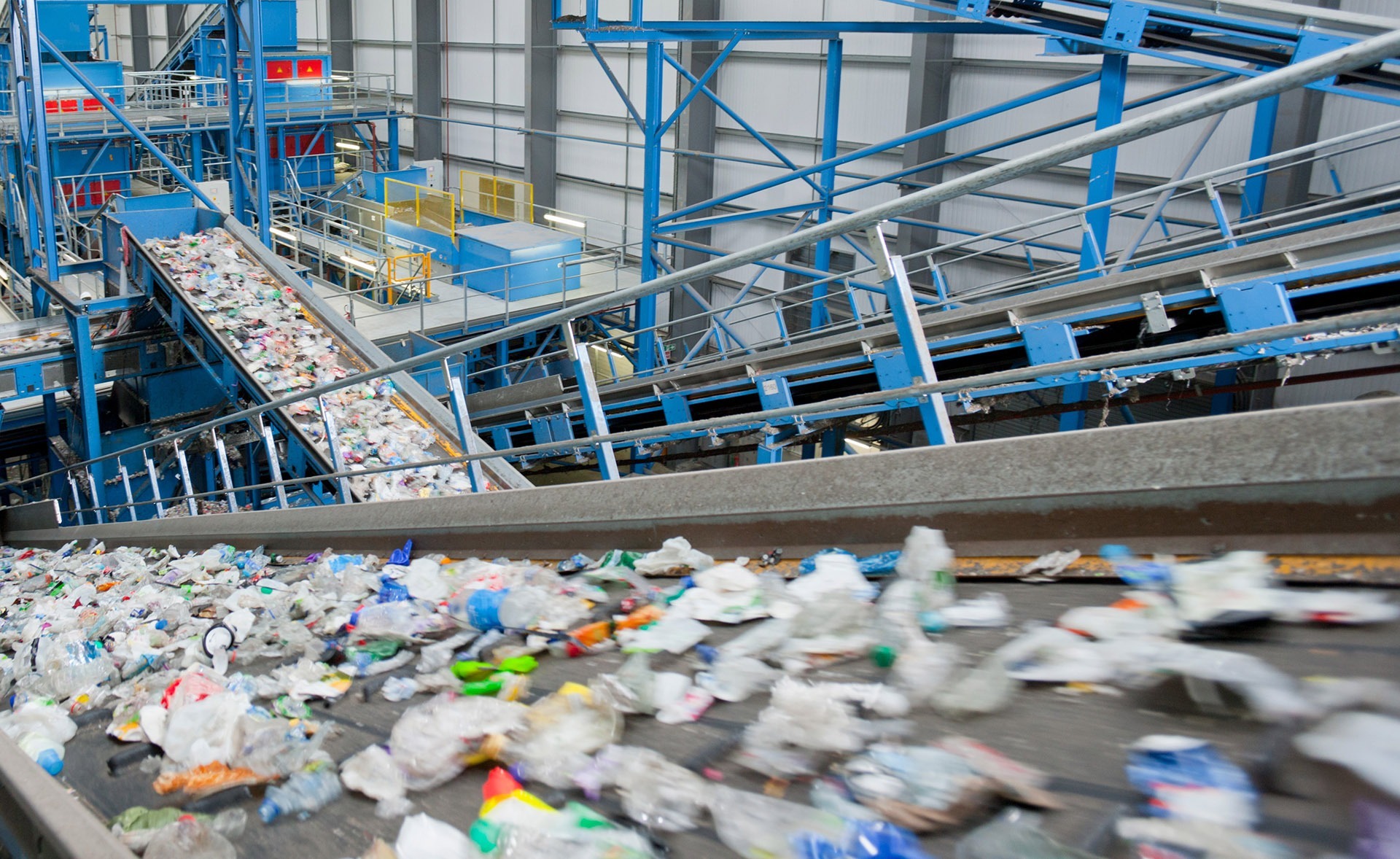Uganda National Roads Authority (UNRA) is considering reviewing and re-working contracts that they have signed with various contractors to take into consideration the impact of the disruptions from the Covid-19 pandemic, Allen Kagina, the executive director of the Authority has said.
She said a pandemic of the magnitude of Covid-19 was neither anticipated by the Authority nor their contractors at the time of signing contracts, yet its impacts on projects is enormous.
Without giving away any specific details on factors that will be taken into consideration for the contract reviews, Kagina said the pandemic has occasioned losses in terms of time, money and disruption in availability of the required workforce on sites, among others. All of these, she said, will inevitably affect delivery times and cost of projects.
Kagina was on Sunday (May 17) speaking and interacting with members of the public as a guest on Sheila Nduhukire’s show on Instagram dubbed #SheilasDigiTalks. The topic of discussion was, “ Effects of Covid-19 on UNRA Works in the country.” Nduhukire, is a Ugandan journalist and news anchor with NBS Television. Nduhukire says on her IG timeline that the show that is exclusively online and hosts various leaders of industry, is aimed at “bringing conversations that matter in (to) the palm of your hand – for you to ask my guests real time questions and interact with them like you wouldn’t otherwise do on TV or radio.”
A visit by this Magazine on the UNRA website revealed that the Authority currently has at least 25 active road projects at various levels of works and completion around the country. These are mainly roads for upgrade to bitumen whose expected completion dates fall anywhere between June 2019 to October 2022. These include the oil roads; Masindi Port junction-Para- Buliisa (159kms) due in April 2021, Hoima-Butiaba-Wanseko (111kms), Butiaba-Nalweyo-Bulamagi, Bulangi-Igayaza-Kakumiro (93kms) due in April 2021 and Kigumba-Butina due in August this year. In the eastern part of the country, some on-going works include: Nakalama-Tirinyi- Mbale (102kms) due in May 2020, Kapchorwa-Suam (73kms) due in October 2021, among others.
Although construction works were not stopped under the lock down issued by the Government to contain the spread of the pandemic in the country, the sector was nonetheless affected. Both UNRA and her contractors were obliged to observe the preventive measures put in place by the Ministry of Health and guidelines issued by President Yoweri Museveni. Kagina said some labour intensive activities that bring together large numbers of people on sites were postponed so as to allow for observance of social distancing and other health provisions. Because of this some workers had to be sent home, to avoid exposing them to infection.
The UNRA chief revealed that as an organisation, ahead of the shutdown of the country, UNRA had put in place a business continuity plan and business continuity team to ensure that the work of the Authority continues amidst the disruption.
Specifically responding to a question put to her by The Infrastructure Magazine on how the Authority uses technology to gain operational leverage to ward off inefficiencies and cost overrides that could arise from Covid-19, Kagina said that UNRA has in place a robust technology regime that daises operations across their entire value chain from physical assessment of roads through processes like making payments.
On local content, the UNRA head said the Authority has in place a deliberate policy aimed at ensuring that local companies are contracted to undertake works of a specific level and that local companies work together with the international companies by providing sub-contracting services.
Last month, Delloitte, a global consulting firm issued a brief industry analysis, Understanding the Sector Impact of Covid-19 on Engineering and Construction, in which they asserted that because of Covid-19, many engineering and construction projects around the world are expected to go through suspension, re-negotiation or termination.












